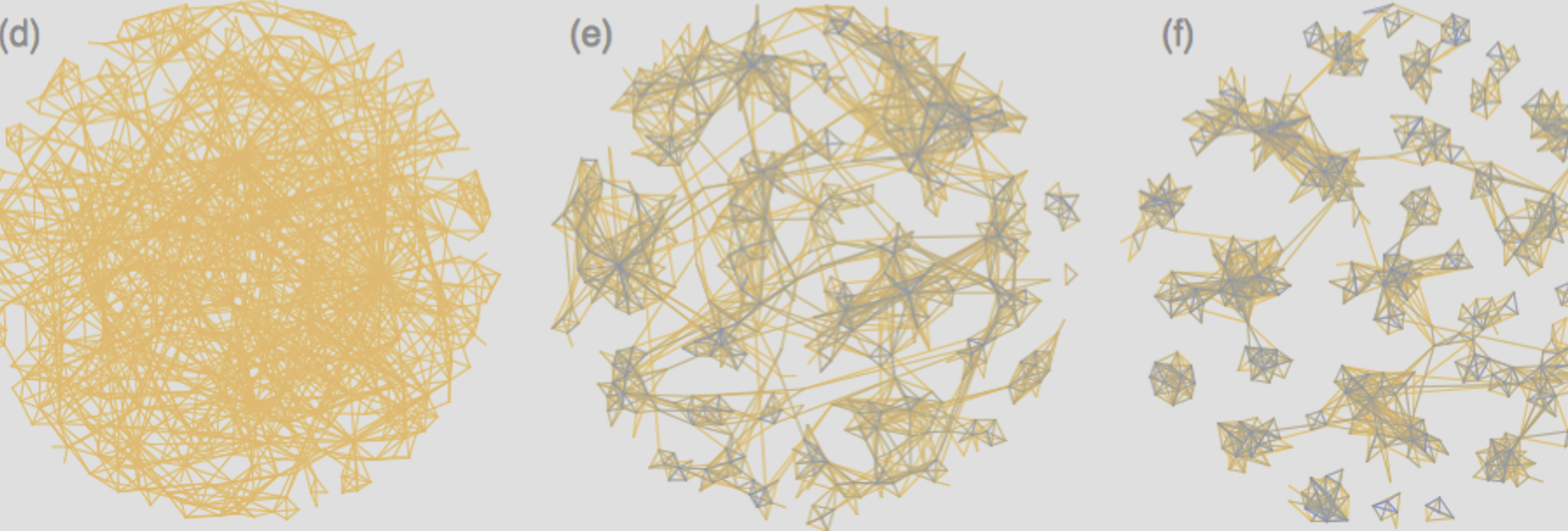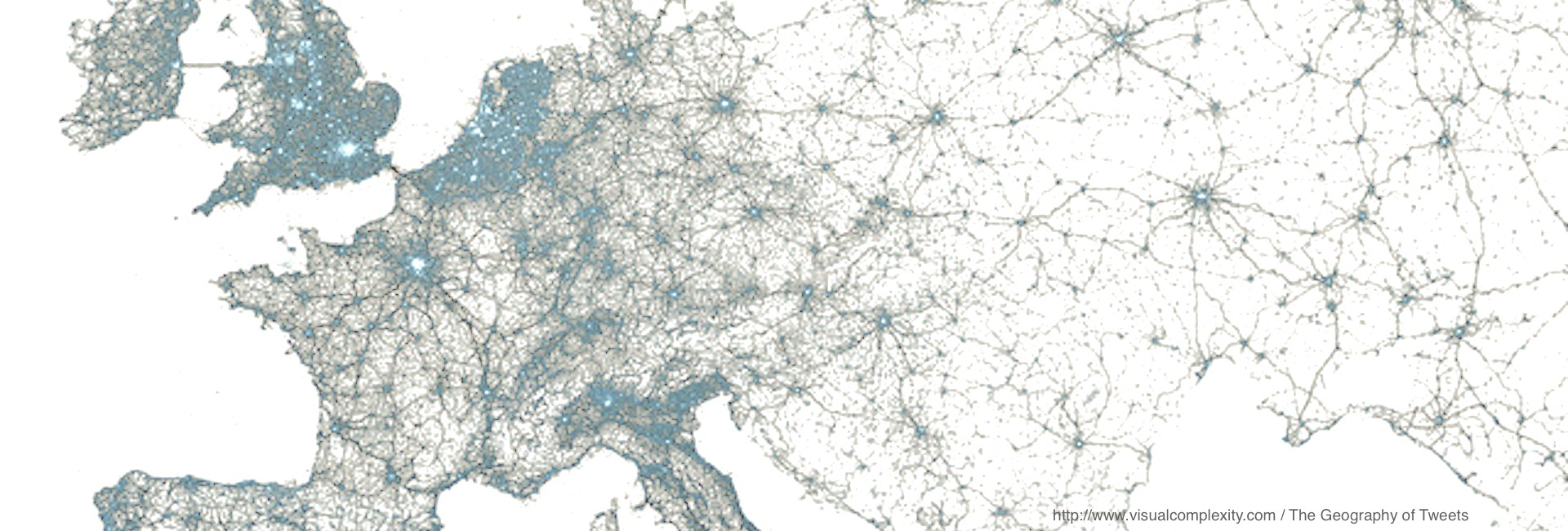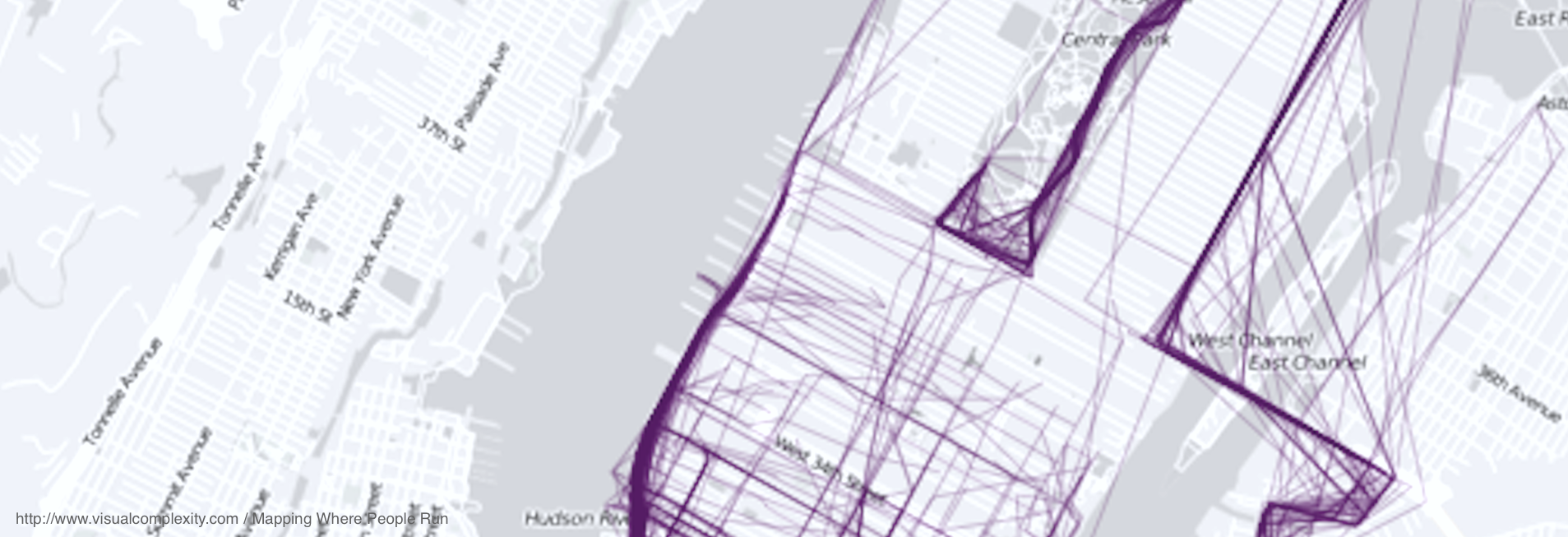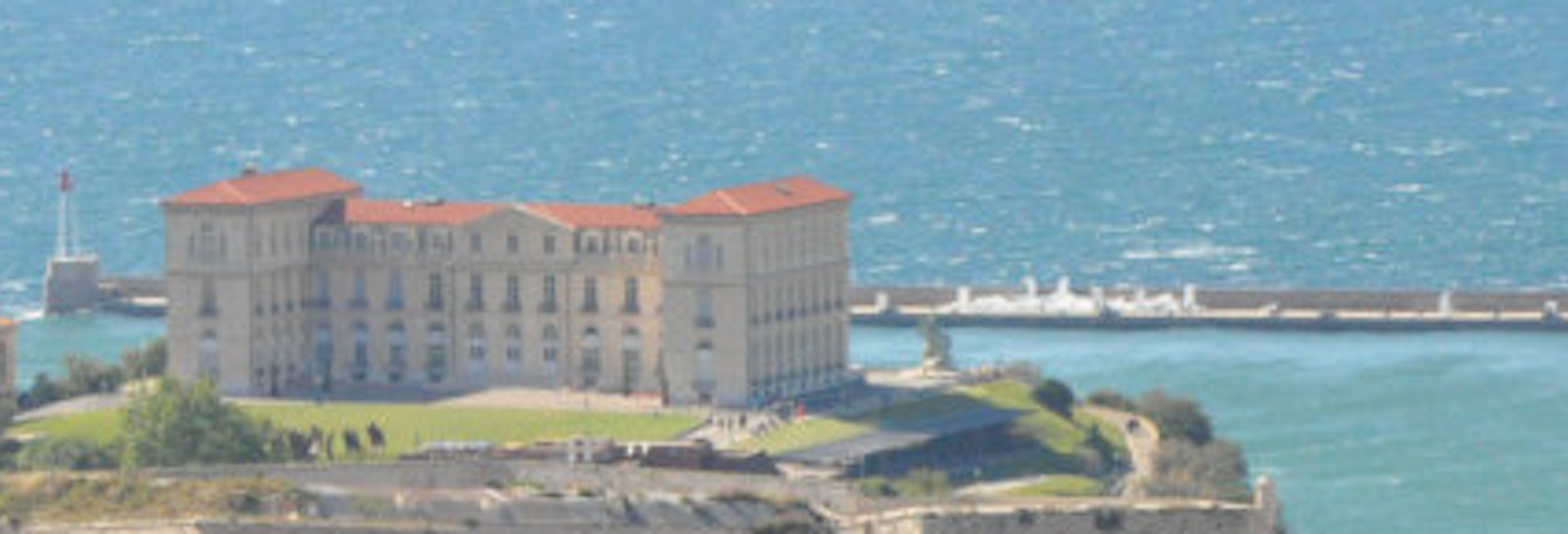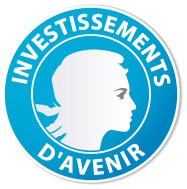Global Presentation
 |
 |
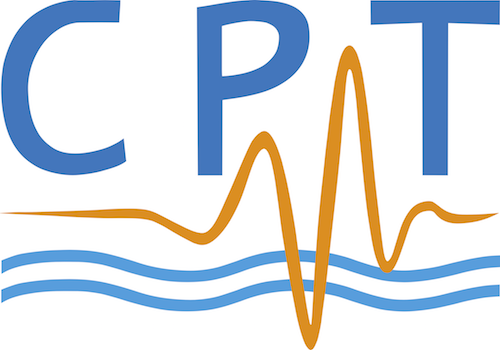 |
 |
This program intends to cover both the basics of and recent advances in Network Science. These questions, which are in the focus of contemporary network science, set the scope of the actual proposal where we aim to bring together world-known experts from the fields of mathematics, physics, signal processing, computer science, social science, epidemiology and linguistic to discuss and enhance our understanding about the interaction between the structure, evolution, and coupled dynamical processes of complex networks.
It is meant for a large audience, from graduate students to experts in the subject.
Note that at the end of the semester, the 26th IUPAP International conference on Statistical Physics, Statphys 26 will take place in Lyon from July, 18th to 22nd. The conference will cover a wide range of topics including traditional aspects of statistical mechanics, such as applications to hard and soft condensed matter, phase transitions, disordered systems and non-equilibrium physics, as well as emergent and modern applications such as turbulence, signal processing, complex systems and mathematics.
Invited Keynote Speakers

|
Richard Benton (University of Illinois) | ||
| Richard A. Benton is Assistant Professor of Labor and Employment Relations at the University of Illinois. His primary line of research examines social networks in corporate governance and focuses on how network cohesion among corporate elites affects affects corporate control. His other work examines network models for dialect acquisition and change. He is collaborating on research that explores how proximity in a community social network explains variation in spoken dialect change and similarity. | |||
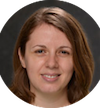 |
Ramonja Caceres (MIT Lincoln Laboratory, Cyber Analytics and Decision Systems, Massachusetts) | ||
| Rajmonda is a member of the research staff at MIT Lincoln Laboratory, in the Cyber Analytics and Decision Systems Group. Her primary research interests are in the areas of machine learning, dynamic social networks, and network representation learning. Rajmonda earned her PhD degree in mathematics and computer science from the University of Illinois at Chicago in 2012. Her current research focuses on the development of data-driven analytics for analyzing and characterizing cyber entities and their interactions as well as development of methods for identifying detectability bounds in massive datasets with low signal-to-noise ratio. | |||

|
Jacob Eisenstein (Georgia Tech) | ||
| Assistant Professor in the School of Interactive Computing at Georgia Tech, where he leads the Computational Linguistics Laboratory. He works on machine learning approaches to understanding human language. He is especially interested in non-standard language, discourse, computational social science, and statistical machine learning. | |||
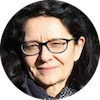
|
Laurence Henry (UMR 6552 EthoS - Éthologie animale et humaine) | ||
| Les travaux de recherche de Laurence Henry s’articulent autour de quatre grandes lignes de réflexion qui sont i) l’influence sociale sur le développement et l’apprentissage de la communication, ii) l’usage et les fonctions des signaux sociaux, iii) le traitement sensoriel, perceptuel et cognitif de l’information sociale et enfin iv) l’évolution de la communication et de la socialité. Ces travaux ont permis de mettre en évidence l’extrême importance du lien social sur le développement, l’usage et le traitement de l’information. L’intérêt majeur du modèle biologique (l’étourneau sansonnet) est le parallèle existant entre le développement du chant chez les oiseaux chanteurs et le développement du langage chez les humains. | |||

|
Alfred Hero (University of Michigan) | ||
| Alfred O. Hero III is the R. Jamison and Betty Williams Professor of Engineering and co-director of the Michigan Institute for Data Science (MIDAS) at the University of Michigan, Ann Arbor. His primary appointment is in the Department of Electrical Engineering and Computer Science and he also has appointments, by courtesy, in the Department of Biomedical Engineering and the Department of Statistics. He received the B.S. (summa cum laude) from Boston University (1980) and the Ph.D from Princeton University (1984), both in Electrical Engineering. He is a Fellow of the Institute of Electrical and Electronics Engineers (IEEE). He has served as President of the IEEE Signal Processing Society and as a member of the IEEE Board of Directors. He has received numerous awards for his scientific research and service to the profession including the IEEE Signal Processing Society Technical Achievement Award in 2013 and the 2015 Society Award, which is the highest career award bestowed by the IEEE Signal Processing Society. Alfred Hero's recent research interests are in the data science of high dimensional spatio-temporal data, statistical signal processing, and machine learning. Of particular interest are applications to networks, including social networks, multi-modal sensing and tracking, database indexing and retrieval, imaging, biomedical signal processing, and biomolecular signal processing. | |||

|
Kimmo Kaski (Aalto University, Finland) | ||
| Kimmo Kaski is Full Professor of Computational Science at Computer Science Department of Aalto University School of Science & Supernumerary Fellow of Wolfson College of Oxford University and Associate Fellow of Said Business School of Oxford University. He received his MSc in Electrical Engineering at Helsinki University of Technology and obtained his D.Phil. degree in Theoretical Physics at University of Oxford. He has been two five-year terms as Academy Professor of Academy of Finland, director of Centre of Excellence for two six year terms as well as holding other professorial positions in Finland and USA. He is Fellow of American Physical Society, of Institute of Physics (Chartered Physicist), of Academia Europeae, and a number of other learned societies. In research he has a broad experience in computational science and information technology in general, with current focus being on Complex Systems and Networks research, Data Science focusing on complexities of economic, techno-social, and societal systems. He is the author of more than 450 publications cited in ~12000 times (Scholar). In addition he has supervised 65 PhD students so far. | |||
 |
Hamid Krim (NC State University Raleigh, USA) | ||
| Hamid Krim (F) received his degrees in Electrical Engineering. As a member of technical staff at AT&T Bell Labs, he has worked in the area of telephony and digital communication systems/subsystems. In 1991, he became a NSF Post-doctoral scholar at Foreign Centers of Excellence (LSS Supelec/Univ. of Orsay, Paris, France). In 1992, he joined the Laboratory for Information and Decision Systems, MIT, Cambridge, MA, as a Research Scientist performing/supervising research in his area of interest. In 1998, he joined the Electrical and Computer Engineering Department at North Carolina State University, Raleigh, N.C., where he is currently Professor and directing the Vision, Information, Statistical Signal Theories and Applications (VISSTA) Laboratory. Dr. Krim’s editorial activities include: Editorial Board Member, IEEE Transactions on Signal Processing(2002-2004); Editorial Board Member, IEEE Signal Processing Magazine (2014). Dr. Krim is an IEEE Fellow and was a Fellow, Japanese Foundation for the Advancement of Research in Science and Engineering at the University of Tokyo, Japan. Dr. Krim is a Member of SIAM and of Sigma Xi. He is an original contributor and now an Affiliate of the Center for Imaging Science, sponsored by the Army. He is a recipient, NSF Career Young Investigator Award. Dr. Krim’s research interests are in statistical signal processing and mathematical modeling with a keen emphasis on applications. He has been particularly interested in introducing geometric and topological tools to statistical signal processing problems and applications. His research has primarily centered on estimation theoretic problems and modeling. Dr. Krim has published extensively on these areas with an impact amounting to over 5000 citations to date. | |||

|
Renaud Lambiotte (University of Namur, Belgium) | ||
| After a PhD in Physics at ULB, and Post-docs at ULg, UCLouvain and Imperial College, I am currently associate professor in the department of Mathematics of the University of Namur. My recent research includes the development of algorithms to uncover information in large-scale networks, the study of empirical data in social and biological systems, and the mathematical modelling of human mobility and diffusion on networks. I have authored more than 60 publications in peer-reviewed journals and conference proceedings, with around 5000 citations (Google Citations). I also act as an academic editor for PLoS One and the European Physical Journal B. | |||

|
José M. F. Moura (Carnegie Mellon University) | ||
| José M. F. Moura is the Philip and Marsha Dowd University Professor at Carnegie Mellon University in the Departments of Electrical and Computer Engineering and Biomedical Engineering (by courtesy). In the academic year 2013–14, he was a Visiting Professor at New York University (NYU) with the Center for Urban Science and Progress (CUSP). He holds an EE degree from Instituto Superior Técnico (IST, Portugal) and MSc, EE, and DSc degrees from the Massachusetts Insti- tute of Technology. He has held visiting professor appointments with MIT and NYU and was on the faculty of IST (Portugal). He is currently ECE Associate Department Head for Research and Strategic Initiatives. He founded and directs the CMU Information and Communication Technologies Institute (ICTI) that manages the CMU/Portugal Program, and co-founded the Center for Sensed Critical Infrastructure Research (CenSIR). With CMU colleagues, he co-founded SpiralGen that commercializes, under a CMU license, the Spiral technology (www.spiral.net). His interests are on statistical signal and image processing and data science. He holds eleven issued patents and has published over 450 papers. Moura has been an IEEE Board Director, IEEE Division IX Director, member of several IEEE Boards, President of the IEEE Signal Processing Society (SPS), and Editor-in-Chief for the IEEE TRANSACTIONS ON SIGNAL PROCESSING. He has been on the Editorial Boards of several IEEE and ACM Journals. He received several awards including the IEEE Signal Processing Society Technical Achievement Award and the IEEE Signal Processing Society Award for outstanding technical contributions and leadership in signal processing. Moura is a Fellow of the IEEE, a Fellow of AAAS, a corresponding member of the Academy of Sciences of Portugal, and a member of the US National Academy of Engineering. | |||

|
Nicola Perra (Greenwich University) | ||
| Senior Lecturer in Network Science at the Business School of Greenwich University, London, UK. His main research interests are on: Dynamical Processes on Time-Varying Networks; Contagion Models and Adaptive Behavior; Epidemics in structured populations; Global Epidemic and Mobility Model: GLEaM; Modeling and Studying Online Social Networks; Resilience of Coevolving and Interdependent Networks and Centrality Measures on Complex Networks. | |||

|
Alejandro Ribeiro (University of Pennsylvania) -- (to be confirmed) | ||
| Alejandro Ribeiro is the Rosenbluth Associate Professor with the Department of Electrical and Systems Engineering at the University of Pennsylvania (Penn). He was born in Montevideo, Uruguay in 1975 where He lived until 2003. He received a B.Sc. degree in Electrical Engineering from the “Universidad de la Republica” in 1998 and worked for Bellsouth’s cellular operation in Uruguay for five years. He moved to Minneapolis, Minnesota on 2003 to study at the University of Minnesota (UoM). He received M. Sc. and Ph. D. degrees from the UoM on 2005 and 2007 and spent 1 year in a postdoctoral position. He started at Penn in 2008. He received the 2012 S. Reid Warren, Jr. Award presented by Penn's undergraduate student body for outstanding teaching and the NSF CAREER award in 2010. Papers that He has coauthored received the 2014 O. Hugo Schuck best paper award and student paper awards at Asilomar 2015 (as adviser), ACC 2013 (as adviser), ICASSP 2005, and ICASSP 2006. He is also a Fulbright Scholar and a Penn Fellow. His research is in the application of signal processing to the study of networks. In particular, He has projects that involve optimal design of wireless networks, distributed signal processing and optimization, structured representations of network data, and graph signal processing. | |||

|
Céline Robardet (Insa de Lyon, LIRIS UMR 5205 CNRS) | ||
| Céline is a full professor at the National Institute of Applied Science in Lyon (France), member of the Laboratoire d'InfoRmatique en Image et Systèmes d'information (LIRIS, UMR 5205 CNRS) and coordinator of the Data Mining and Machine Learning team. She works on the analysis of complex systems -- a broad category of data made of a large number of highly dynamic interconnected units -- viewed as relational attributed dynamic graphs. | |||

|
Camille Roth (CNRS-Centre Marc Bloch, Germany) | ||
| Camille Roth is currently a Tenured Researcher at the CNRS in Computer Science since 2008, after having been Associate Professor in Sociology at the University of Toulouse. He holds a PhD in social science (École Polytechnique, 2005), with a generalist background in maths, physics and computer science (“ingénieur des Ponts et Chaussées”, 2002) and cognitive science (MSc EHESS, 2002). Founder and current leader of the Digital Humanities / Computational Social Science team at Centre Marc Bloch Berlin, he also currently supervises an interdisciplinary team of post-doctoral and doctoral researchers at the interface between hard and social science. Author of about 50 peer-reviewed publications in both areas, He has been PI of various multi-partner projects at CNRS, including in particular Webfluence, Algopol and Algodiv (ANR 2008, 2012, 2015) and QLectives (EU IP FP7 2009) which are specifically linked to dynamic socio-semantic networks. | |||
 |
Djamé Seddah (University Paris-Sorbonne / Inria) | ||
| Djamé Seddah is a tenured associate professor in linguistics and informatics at the University Paris Sorbonne (Paris 4) and a member of the INRIA’s Alpage project. His current research explores the impact of annotation schemes of non-canonical languages for French as well as out of domain parsing, noisy user generated content parsing and syntax- semantic interface. Djamé is one of the founders of the stasticial parsing of morphologically-rich languages community and has instigated the creation of many annotated data set for French (the Sequoia Treebank, French Social Media Bank and the French QuestionBank). | |||
